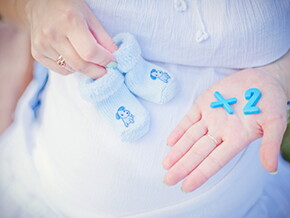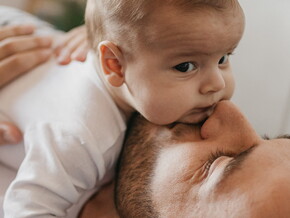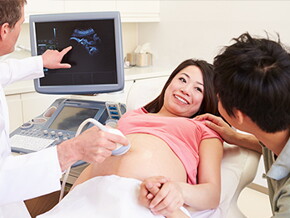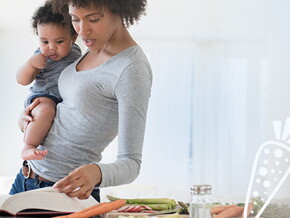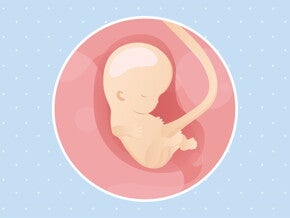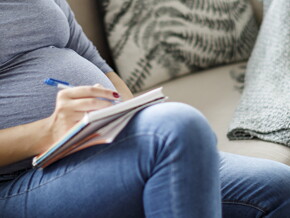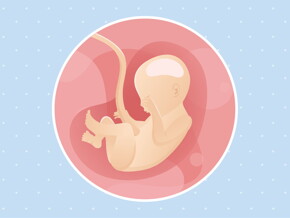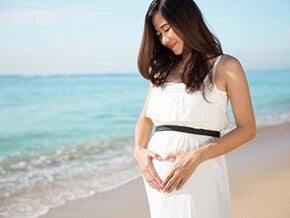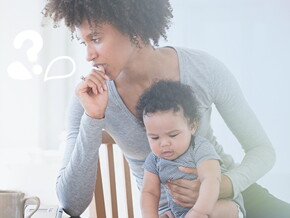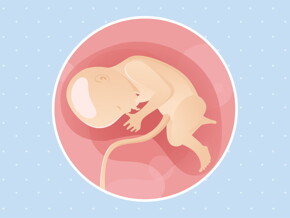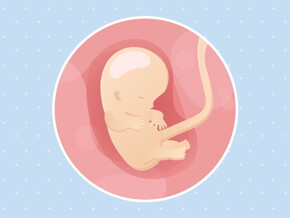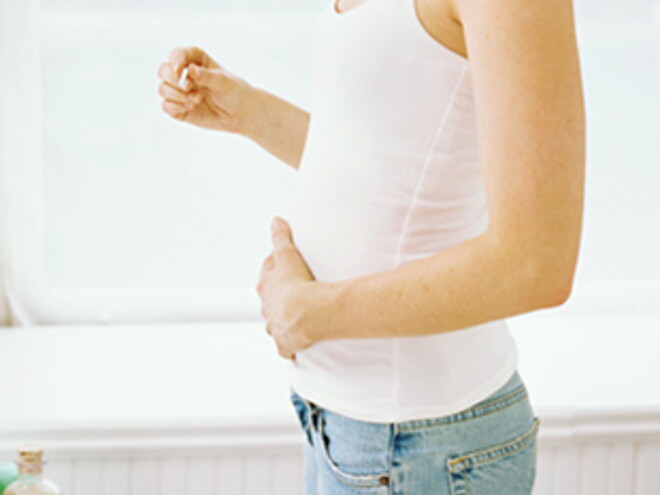
What are the Signs and Symptoms of Pregnancy
The most common signs are missed period, tender breasts, nausea, increased urination and fatigue. However, not every woman will have the same symptoms, and symptoms can vary from one pregnancy to the next as well.
Missed period
If you are of childbearing age and have regular periods, and your period is late by a week or more, then you could be pregnant. However, this is not applicable for women with irregular menstrual cycles.
Tender, swollen breasts
Sore, swollen or sensitive breasts can be an early sign of pregnancy. When a woman becomes pregnant, her hormone levels will change rapidly, affecting the breasts. The colour of the areola or area around the nipples may also become darker. It will take the body a few weeks to get used to the hormonal changes, after which the discomfort in the breasts will likely subside. However, other factors might cause changes in the breasts as well.
Nausea, with or without vomiting
Nausea or morning sickness is a common symptom of pregnancy. It can strike at any time of the day, but the most common time is in the morning, hence the name ‘morning sickness’. It usually begins about a month after the start of the pregnancy, but some women get it earlier, while some do not get it at all. The cause of the nausea is yet unknown, but it is believed that hormonal changes likely contribute to it.
Moreover, some women develop cravings for certain foods, while some foods become intolerable. These new food preferences can last for the entire pregnancy, but for most women, the cravings and aversions subside by week 13 or 14.
Increased / decreased appetite
Up to 75% of pregnant women experience nausea. Women who suffer from morning sickness in their first trimester might have decreased appetite. However, you must eat enough to support your baby’s needs. Depending on your weight before pregnancy, women with normal weight should gain 11-16 kg.
After the first trimester, you should be gaining an average of 0.5 kg every week. If your appetite is still low by the beginning of the second trimester, or if you are not gaining enough of the recommended weight increase by the third trimester, you should visit your doctor to discuss about a diet plan.
Increased urination
Your body pumps more blood to increase blood flow during pregnancy, and this causes your kidneys to process more fluid, which ends up in your bladder. This will lead to more bathroom visits, and may even cause accidental leaking. However, there are other causes for frequent urination, such as urinary tract infection, diabetes or diuretics.
Fatigue
In early pregnancy, progesterone levels increase significantly. This might lead to feelings of sleepiness or tiredness. If your tiredness is caused by pregnancy, then you should get lots of rest. It is believed that consuming food rich in protein and iron can help lessen this tiredness. However, please note that there are other causes for fatigue, such as lower blood pressure, lower sugar levels, and an increase in blood production.
Specific food cravings
Depending on which study you refer to, 60-90% of pregnant women have food cravings. According to Psychology Today, there are cultural factors that influence the cravings. For example, women in the US were found to mainly crave for dairy and sweet foods, such as chocolate, fruits and juices. On the other hand, in Tanzania, pregnant women were found to crave for meat, mangoes, yogurt, oranges and plantain.
Cravings are unpredictable, and can differ from one pregnancy to the next. Some may have interesting cravings during pregnancy, and some might even crave for foods they did not enjoy before pregnancy. Cravings usually start in the first trimester, peak in the second trimester, and will disappear before the birth of the child.
Giddiness
In the early stages of pregnancy, high or normal blood pressure might drop. This may lead to dizziness due to the dilation of blood vessels.
High blood pressure caused by pregnancy is hard to ascertain. Almost all instances of hypertension within the first 20 weeks are symptoms of underlying problems. Your doctor will usually take your blood pressure reading during your first visit to determine the baseline pressure reading.
Besides the above signs, there are other lesser signs that might indicate pregnancy, and they include moodiness, bloating, light spotting, cramping, constipation and nasal congestion.
Whichever pregnancy symptom you will likely experience, please do not fret too much about it. With proper nutrition and care, you will be fine. Remember to enjoy the process that is part and parcel of motherhood.
References
https://www.healthline.com/health/pregnancy/early-symptoms-timeline
https://www.webmd.com/baby/guide/pregnancy-am-i-pregnant#1
https://www.medicalnewstoday.com/articles/318441.php
https://www.psychologytoday.com/us/blog/craving/201306/what-really-causes-pregnancy-cravings
https://www.whattoexpect.com/pregnancy/appetite-loss

